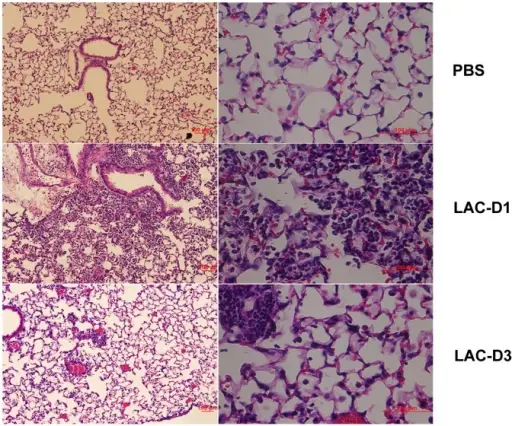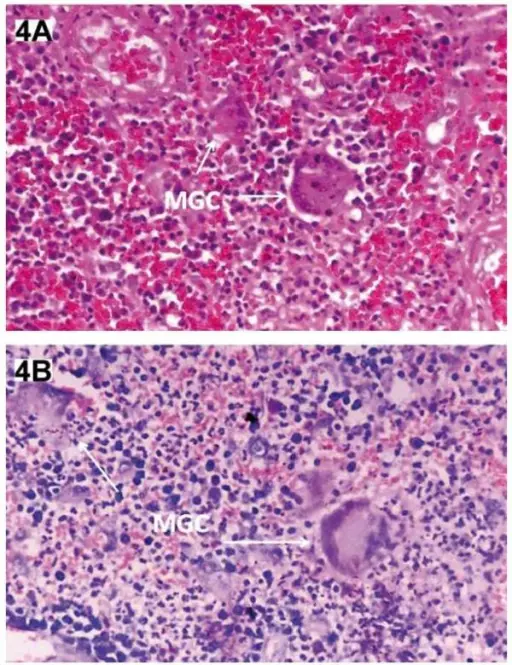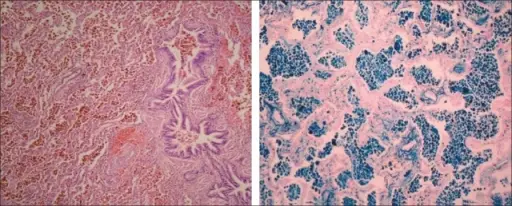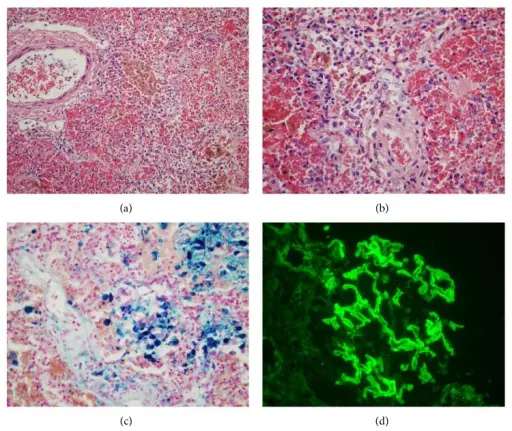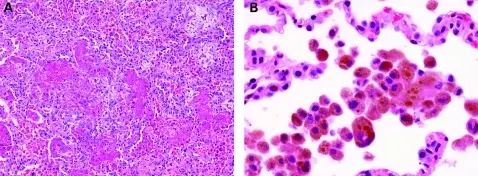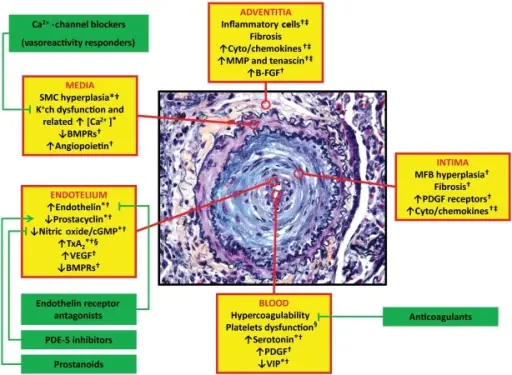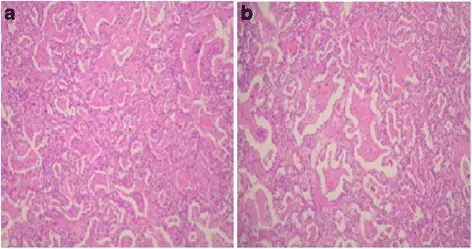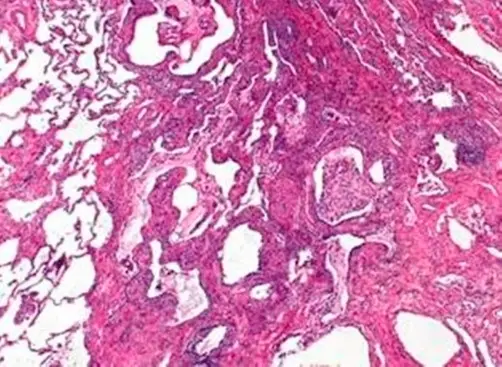What are Pulmonary Infections?
Pulmonary infections are diseases caused by the presence of infectious organisms in the pulmonary system. Examples of pulmonary infections include: Community-acquired bacterial pneumoniasCommunity-acquired viral pneumoniaHealth care-associated pneumoniaHospital-acquired pneumoniaAspiration pneumoniaLung abscessChronic pneumoniaPneumonia in the immunocompromisedPulmonary disease in human immunodeficiency virus infection…

